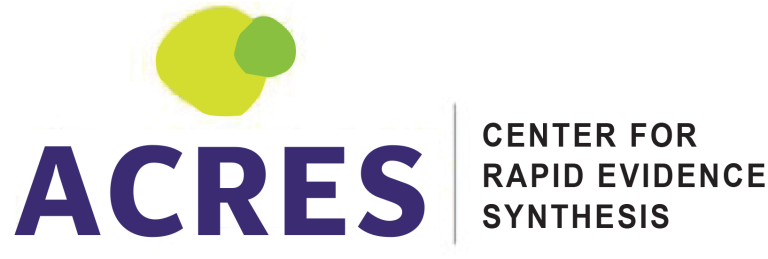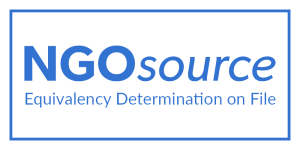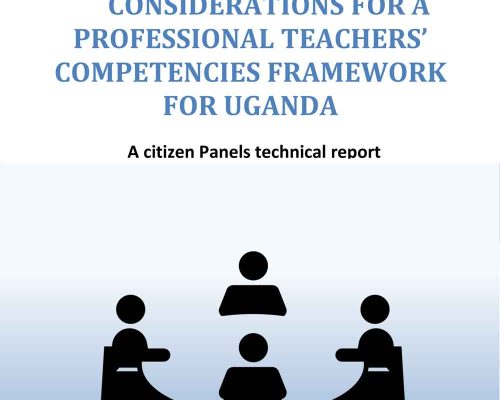
Teachers competences – Citizen Panel Discussion
Through a multifaceted approach involving teachers, learners, parents, the community, teacher unions, ministries, universities, local school boards/ school management committees and other stakeholders in the education sector, teachers can strive to attain the required competences. More importantly teachers emphasize that strategies aimed at enhancing teacher competences should not only concentrate on developing knowledge and skills but should also prioritize cultivating positive attitudes and values.
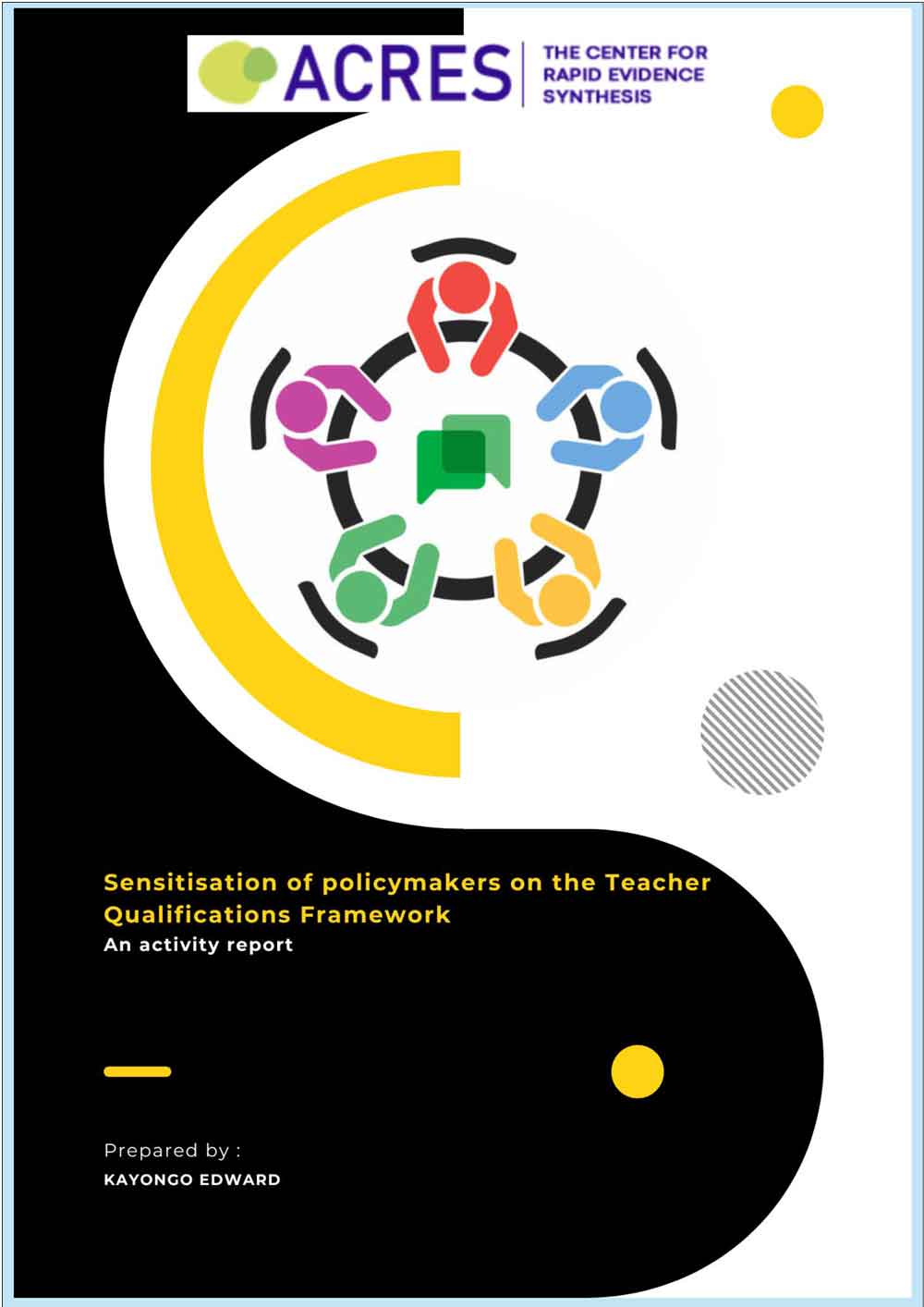
Teacher Qualification Framework Citizen Panel
Who is a teacher in the Ugandan context, and what kind of competencies and initial training should they have? This question was answered by a citizen panel organized by ACRES as part of deliberations on the Teachers’ Qualification Framework.
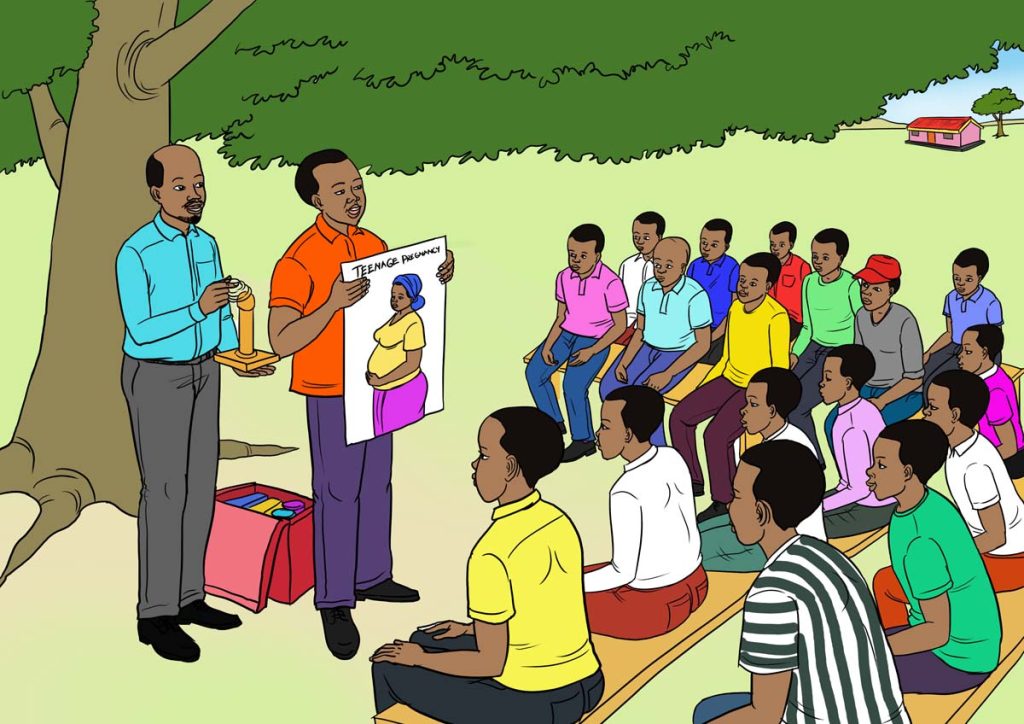
Preventing teenage pregnancies in the communities of Kamuli
The Kamuli district health office, education department, and implementation partners requested ACRES in 2022 for evidence on “How to involve males in reducing and preventing teenage pregnancy in the communities of Kamuli?” The evidence included opinions, perceptions, knowledge, and programs primarily limited to adult males from contexts dissimilar to the Kamuli district.
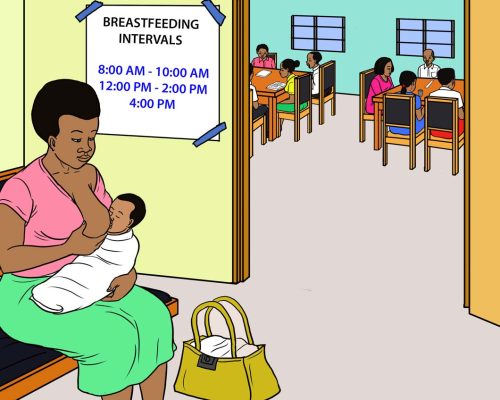
How to promote exclusive breastfeeding in the informal economy
The Ministry of Gender, Labour and Social Development in Uganda works to support breastfeeding mothers in the informal sector. The Ministry partnered with ACRES in 2022, to gather evidence and inform regulations that promote exclusive breastfeeding for the first six months. The current regulations don’t cater to the informal sector, so ACRES synthesized evidence to address this gap.
